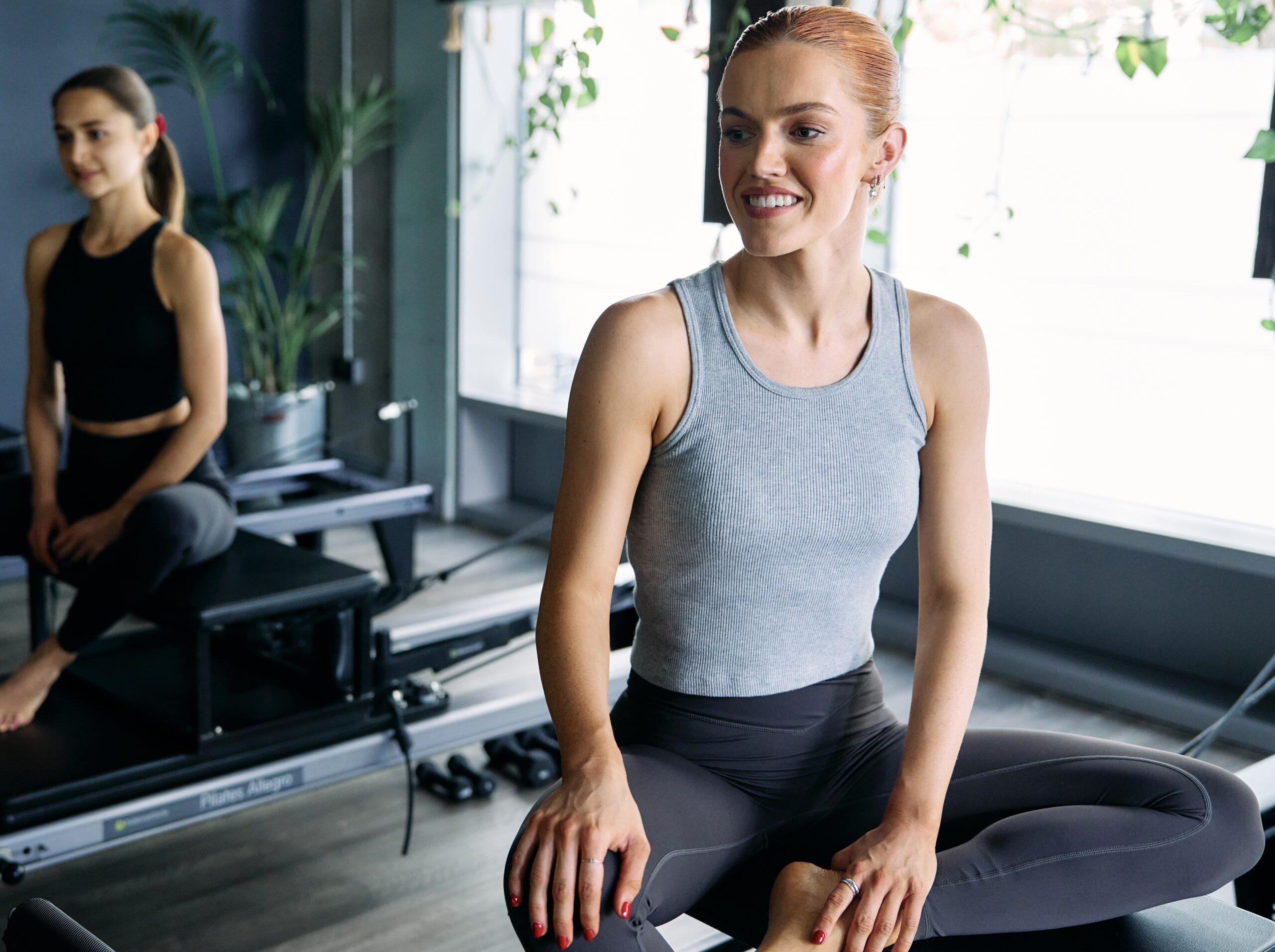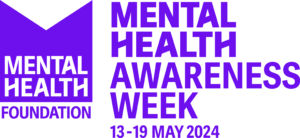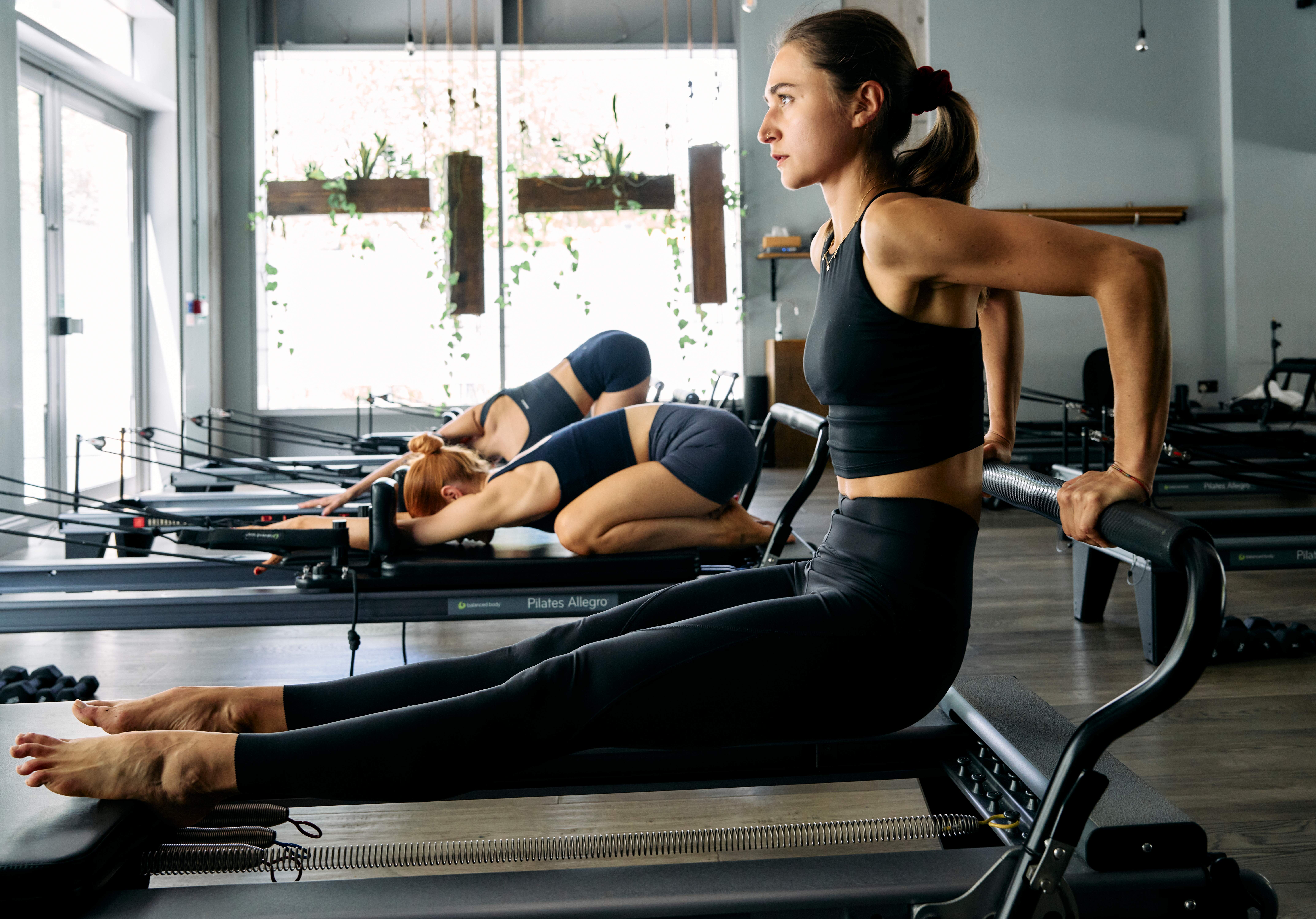It’s Mental Health Awareness Week, and the theme for 2024 is “Movement” – spotlighting the crucial role physical activity plays in promoting mental health. In the fast-paced world we live in it’s easy to let exercise fall by the wayside. However, movement is a powerful tool to boost our mental well-being. We will explore the benefits of physical activity on mental health, providing you with practical insights and strategies to incorporate more movement into your daily routine. From simple exercises you can do at home to effective ways to stay active at work, we’ll cover it all. You’ll find tips on integrating movement into daily tasks, ensuring you stay active even on the busiest days. We’ll also share expert advice on achieving success with movement. Join us as we dive into these topics and empower you to make positive changes for a healthier mind and body.
The Connection Between Movement and Mental Health
Research consistently shows that physical activity positively impacts mental health. Exercise triggers the release of endorphins, the body’s natural mood lifters, which help alleviate stress and anxiety. It also increases levels of serotonin and dopamine, neurotransmitters essential for mood regulation.
Key Benefits of Physical Activity for Mental Health

1. Stress and Anxiety Reduction: Physical activity can lower stress hormones, such as adrenaline and cortisol. Regular exercise helps to ease symptoms of anxiety, providing a natural and effective way to reduce stress.
2. Mood Enhancement: Exercise boosts the production of endorphins, leading to feelings of happiness and euphoria. Even moderate physical activity can significantly improve mood and emotional well-being.
3. Cognitive Function Improvement: Engaging in regular physical activity enhances brain function, improves memory, and increases mental clarity. Exercise is also known to protect against cognitive decline as we age.
4. Depression Alleviation: Exercise is a potent natural treatment for depression. It promotes brain changes that foster feelings of calm and well-being and acts as a distraction, breaking the cycle of negative thoughts.
5. Self-Esteem and Confidence Boost: Meeting fitness goals, even small ones, can significantly boost self-esteem and confidence. The physical improvements that come with regular exercise, such as increased strength and stamina, enhance self-image and self-worth.
Adding More Physical Activity to Your Daily Routine
Finding ways to include movement in our daily lives is essential for our overall mental health and physical well-being. Whether it’s through intentional exercise, active hobbies, or simply being mindful of opportunities to move more, increasing our physical activity can have a positive impact on our health.
– Choose Enjoyable Activities: Opt for physical activities that you find fun and engaging. Whether it’s dancing, hiking, swimming, or playing a sport, enjoying the activity makes it easier to maintain.
– Set Achievable Goals: Begin with small, attainable goals. Aim for 30 minutes of moderate exercise most days of the week, gradually increasing the duration and intensity as you become more comfortable.
– Make It Social: Exercise with friends or family to make the experience more enjoyable and motivating. Join a fitness class, or a sports team, or simply go for a walk with a friend.
– Incorporate Movement into Your Routine: Find opportunities to move more throughout the day. Take the stairs instead of the lift, walk or cycle to work, or do some stretching during breaks.
– Explore Mind-Body Exercises: Try activities like yoga, tai chi, and Pilates, which not only improve physical fitness but also incorporate mindfulness, further enhancing mental well-being.
– Try something new: Why not try a new activity at the weekend with friends? For example, horse riding, water sports or a wellness retreat. You don’t need to have any experience or be good at the activity, enjoy the ride!
– Community Events: Have a go at participating in community events like charity walks, fun runs, or activity days.
At Home Movement to Boost Mental Health
Finding ways to stay active and exercise at home can be both convenient and effective for physical and mental health. Whether you’re short on time, unable to make it to the gym, or simply prefer the comfort of your own space, creating a home workout routine can help you stay fit and healthy. With a bit of creativity and the right resources, you can turn your home into a personal fitness haven.
– Set Up a Home Workout Space: Designate a small area in your home for exercise. It can be as simple as a yoga mat and some free weights or resistance bands.
– Exercise Videos and Apps: Use online workout videos or fitness apps to guide your exercises. There are plenty of free resources available for all fitness levels.
– Household Chores: Turn cleaning into a workout. Activities like vacuuming, mopping, gardening, and washing the car can be physically demanding and beneficial.
– Stretching and Yoga: Incorporate stretching or yoga into your morning or evening routine to enhance flexibility and reduce stress.
– Dance: Put on your favourite music and dance around your house. It’s a fun way to get your heart rate up and lift your spirits.
At Work Physical Activity
Incorporating physical activity into your workday can contribute to your overall well-being and mental health. Even with a busy schedule, there are various opportunities to stay active while at work. Whether you’re in an office setting or working from home, integrating simple exercises and movement into your daily routine can help boost energy levels, reduce stress, and improve focus. With a few adjustments and mindful choices, you can make your workplace a space that promotes both productivity and physical health.
– Stand and Move: Use a standing desk or take regular breaks to stand up and move around. Aim to stand and stretch at least once every hour.
– Walk During Breaks: Use part of your lunch break or other breaks to take a walk, either inside your building or outside.
– Desk Exercises: Perform simple exercises at your desk, such as seated leg lifts, calf raises, or shoulder shrugs. Try Nasa’s DeskFit, which has 20 exercises you can do from your workspace.
– Walking Meetings: Suggest walking meetings instead of sitting in a conference room. This can lead to more dynamic and creative discussions.
– Commuting: If possible, walk or cycle to work, get off public transport a stop early, or park further away from your destination to increase your daily steps.
Integrating Movement into Daily Tasks
Integrating movement into our daily tasks is a practical and effective way to boost physical activity levels. Making simple adjustments to our routines allows us to promote better mental health and well-being.
– Stretch While Watching TV: Do stretches or light exercises during the ads or while watching your favourite shows and films. Try our core strengthening Pilates exercises!
– Walk While on the Phone: Take phone calls while walking around instead of sitting.
– Active Errands: Walk briskly instead of driving or using public transport when running errands.
Tips for Movement and Mental Health Success
Whether you’re looking to kickstart a new fitness regimen or simply seeking to add more movement to your day, these tips for success will help you make lasting and positive changes to your lifestyle.
- Set Realistic Goals: Start with small, manageable goals and gradually increase the intensity and duration of your activities.
- Track Your Progress: Use a fitness tracker, app, or journal to log your activities, and monitor your progress.
- Stay Consistent: Make movement a regular part of your daily routine by scheduling it into your day like any other important task.
- Phone a Friend: Having a workout partner can provide motivation, accountability, and make exercising more enjoyable.
- Listen to Your Body: Pay attention to how your body feels and avoid overdoing it. Rest and recovery are crucial components of any fitness routine.
By integrating these simple strategies, you can significantly increase your daily movement, leading to better physical and mental health.
Adding more movement to our daily routines is a powerful way to improve mental health. Let’s focus on prioritising our well-being through physical activity. Remember, it’s not about intense workouts or achieving a perfect body; it’s about finding joy in movement and taking steps towards a healthier, happier mind.
Looking for a reformer Pilates class near you for Mental Health Awareness Week? Try a Tempo 301 class and enjoy our 3 classes for £45 introductory offer!
Are there Reformer Pilates Classes Near Me?
Our reformer Pilates classes can be found in South East London: SE17 – Elephant & Castle, East London: E8 – Hackney and Central London: E1 – Shoreditch.
Are there Beginner Reformer Pilates Classes Near Me?
All our Reformer Pilates classes have the level clearly indicated on them. Our L1 – Tempo Pilates classes, Beginner Pilates classes and Contemporary Pilates classes are suitable for beginners. Visit our studio pages to see if one of our Reformer Pilates London studios might be near you.
Alternatively visit one of our Google pages below to find directions, find updated studio hours or read Google reviews.
• Google page | SE17 – Elephant Park
• Google page | E8 – Hackney
• Google page | E1 – Shoreditch


